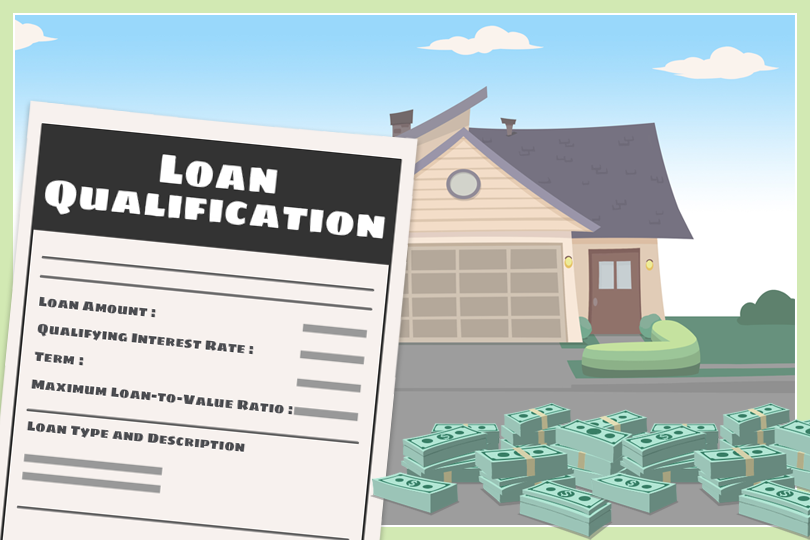How Do Other Mortgages Compare to FHA Loans?
February 17, 2025
True or False: FHA loans are the only government-backed mortgage option.
False. FHA loans are indeed government-backed (by the Federal Housing Administration), but so are VA loans (Department of Veterans Affairs) and USDA loans (U.S. Department of Agriculture).
True or False: Compared to conventional loans, FHA loans generally require a higher credit score.
False. One of the advantages of FHA loans is their more lenient credit requirements. You can often qualify for an FHA loan with a lower credit score than a conventional loan.
True or False: FHA loans always require a higher down payment than conventional loans.
False. FHA loans are known for their low down payment options, sometimes as low as 3.5%. Conventional loans can include a higher down payment, but not always. Some conventional loans may include low down payment options too, but they may come with other requirements like private mortgage insurance (PMI).
True or False: FHA loans have stricter debt-to-income ratio requirements than conventional loans.
False. FHA loans tend to be more forgiving with debt-to-income ratios, making them more accessible for borrowers with more debt.
True or False: Unlike conventional loans, FHA loans require mortgage insurance.
True. This is a key difference. FHA loans require both upfront and annual mortgage insurance premiums (MIP), which protect the lender if you default on your loan. Conventional loans may not require private mortgage insurance but you must typically put down a larger down payment (typically 20% or more).
True or False: Compared to VA loans, FHA loans are more restrictive on the types of properties you can buy.
False. Both FHA and VA loans have property requirements, but neither is inherently more restrictive than the other. Both can be used for single-family homes and sometimes for condos or manufactured homes, depending on specific guidelines and lender approval.
True or False: FHA loans are a good option for borrowers with excellent credit who can afford a large down payment.
False. While FHA loans can be used in this situation, borrowers with strong credit and ample savings might find conventional loans more appealing, as they can often avoid mortgage insurance and potentially secure lower interest rates.
True or False: FHA loan limits are the same nationwide.
False. FHA loan limits vary by county. They're designed to reflect local housing costs. So, the maximum loan amount you can get with an FHA loan will depend on where you're buying a home.
True or False: You can only use an FHA loan to purchase a primary residence.
True. FHA loans are generally for primary residences. You can't use them to buy investment properties or second homes (though there are some exceptions for multi-unit properties where the borrower lives in one unit).
FHA loans can make homeownership more accessible to a wider range of borrowers. However, they're not a one-size-fits-all solution. Understanding how they compare to other mortgage options is crucial in choosing the right path to homeownership.

FHA Loan Articles
December 10, 2024The FHA announced increased loan limits for 2025, providing those seeking FHA-insured mortgages after January 1st with increased purchasing power. In this article, we explore the key aspects of these limits and their implications for your homeownership goals.
When you are approved for an FHA-insured loan, the FHA guarantees a portion of the loan to the lender, lowering lender risk...
December 9, 2024The Federal Housing Administration (FHA) helps people buy homes, especially those buying for the first time or who might not have perfect credit. In 2025, there is good news for FHA borrowers. FHA home loan limits are going up.
In most places, the FHA loan limit for a single-family home in 2025 is $524,225. This is more than it was in 2024. However, in expensive areas, where houses cost more, the limit can be as high as $1,209,750.
December 5, 2024The Federal Housing Administration (FHA) has some ground rules regarding cash-out refinances. These rules are designed to protect both you and the lender, ensuring you have enough ownership of your home and reducing the risk of foreclosure. How long must you own your home before you can apply for FHA cash-out refinancing?
December 4, 2024When you think about owning a farm, do you dream of vast landscapes and thriving agricultural enterprises? Or are you looking for a quaint farm-style house to live in but not necessarily to start a new farming career?
Borrowers who want to buy a farm residence are in luck with the FHA loan program, which includes options to purchase farm residences.
November 27, 2024If you are new to the home loan process, you may wonder how your loan officer will interpret your application data. How lenient is the lender with issues related to debt, credit utilization, and related factors? We examine some key points, but remember that what follows is not financial advice. Always consult a finance or tax professional for the most current information.







